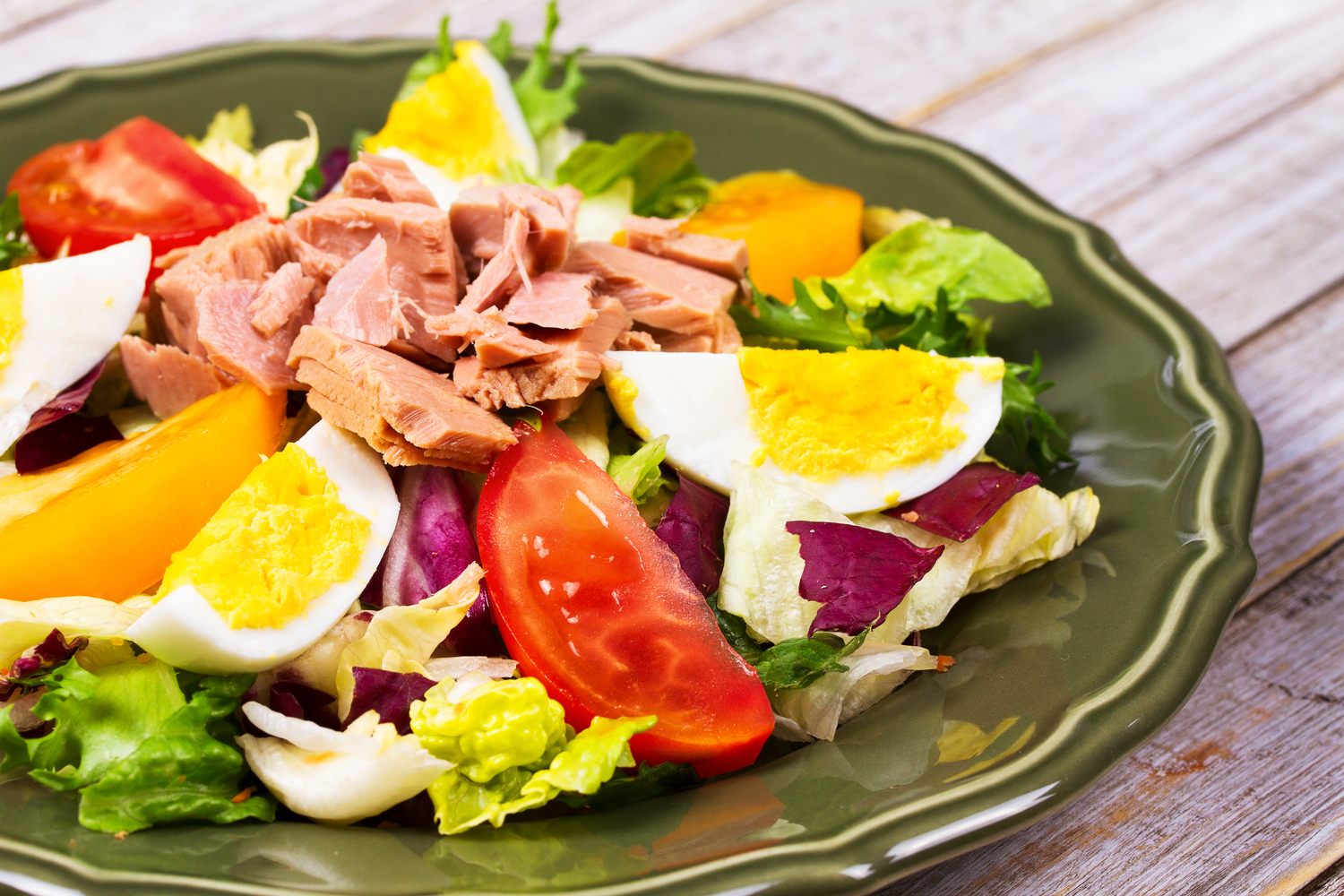
Treating Eczema With Natural Foods
Eczema is also known as atopic dermatitis. It is a condition that causes patches of dry itchy skin on a person’s body. This is a result of inflammation in the body. Eliminating certain foods and eating foods that reduce symptoms is a kind of natural treatment for eczema. Certain foods trigger the release of T cells that induce inflammation as well as immunoglobulin-E, which is known to be an antibody that the body produces at times of threat.
Some foods can trigger the body to release immune system compounds that cause inflammation in some people with eczema. These cause eczema flare-ups and are to be avoided. An anti-eczema diet is almost similar to an anti-inflammatory diet. An anti-inflammatory diet would include the following:
1. Fish
This food has a natural source of omega-3 fatty acids that help to fight inflammation in the body. Some examples of such fish that are high in omega-3 are salmon, albacore tuna, mackerel, herring, and sardines.
2. Foods rich in probiotics
These foods have bacteria that promote good gut health. Common foods like yogurt with live and active cultures, miso soup, and tempeh are examples of such foods. Other fermented foods and drinks that also contain probiotics are kefir, kombucha, and sauerkraut.
3. Foods that have high inflammation-fighting flavonoids
Colorful fruits and vegetables such as apples, cherries, broccoli, spinach, and kale are examples of such foods.
Eating more of the above foods and reducing trigger foods help to reduce eczema flare-ups. Eczema reactions to trigger foods usually occur about six to 24 hours after consumption of a particular food, sometimes even longer. To determine the type of food that causes a reaction, an elimination diet is often recommended.
4. Eczema trigger foods
Some foods that commonly trigger an eczema flare-up and need to be removed from the diet if symptoms worsen after consuming a particular food are as follows:
- Dairy
- Wheat or gluten
- Soy
- Tomatoes
- Eggs
- Citrus fruits
- Certain types of nuts
- Spices like vanilla, cloves, and cinnamon
5. Nickel
People who suffer from dyshidrotic eczema, which usually affects the hands and feet have to be careful while eating foods that contain nickel. Nickel is found in the soil and could, therefore, be present in foods like beans, black tea, canned meats, chocolate, lentils, nuts, peas, seeds, shellfish, and soybeans. Even when a person is not allergic to a particular food, they could be sensitive to it and experience skin symptoms after repeated exposure.
6. Probiotics
Natural dietary supplements also benefit people who suffer from eczema. Research shows that taking a probiotic supplement could reduce symptoms of eczema. Probiotic supplements are naturally present in common foods like yogurt, kimchi, miso, etc. Other supplements that have been researched on would include fish oil and Chinese herbal preparations.
Though a person’s diet may not always trigger eczema, some people find that their symptoms get better after they make dietary changes. By making such changes and monitoring the results, the person can determine whether the diet has helped them to manage their condition.



